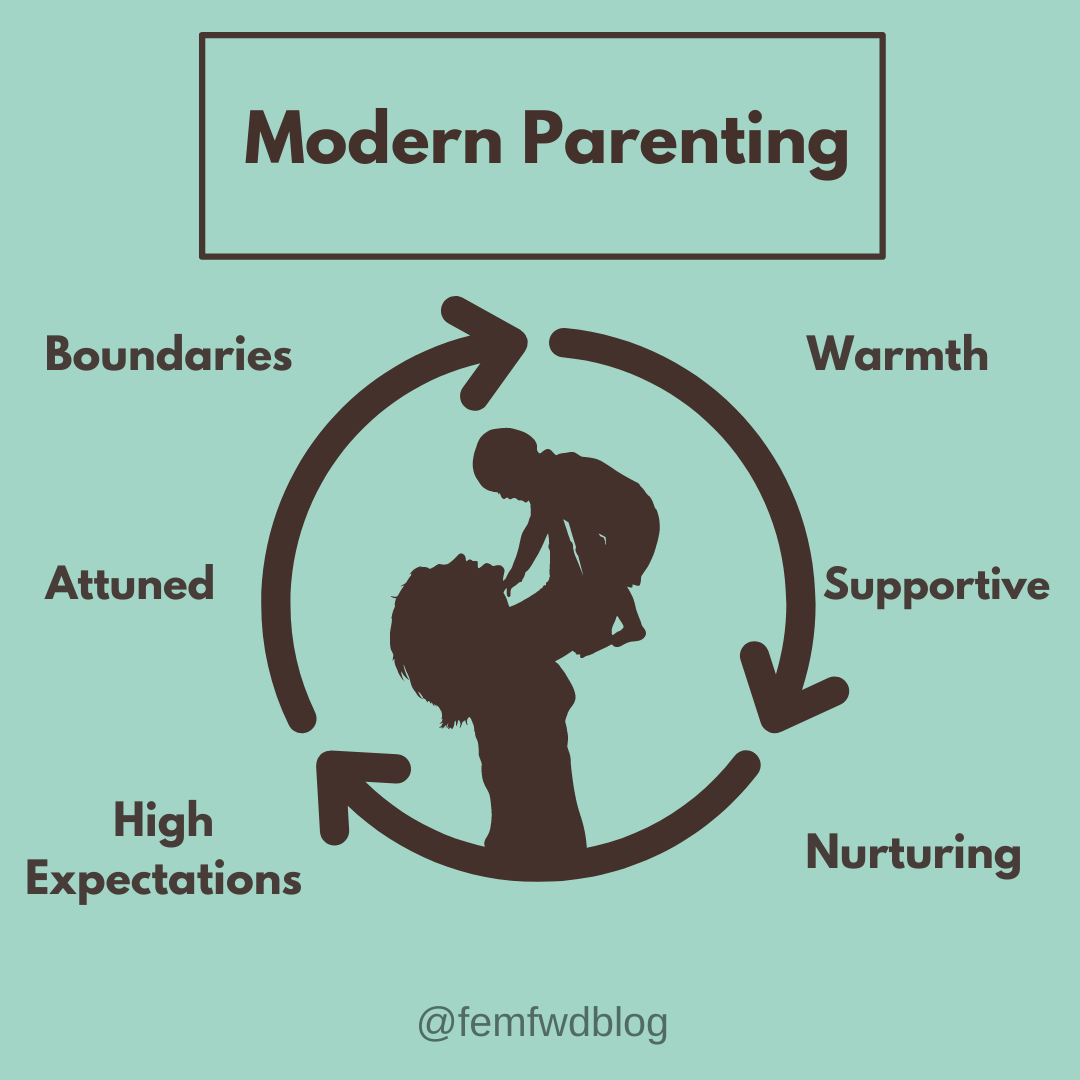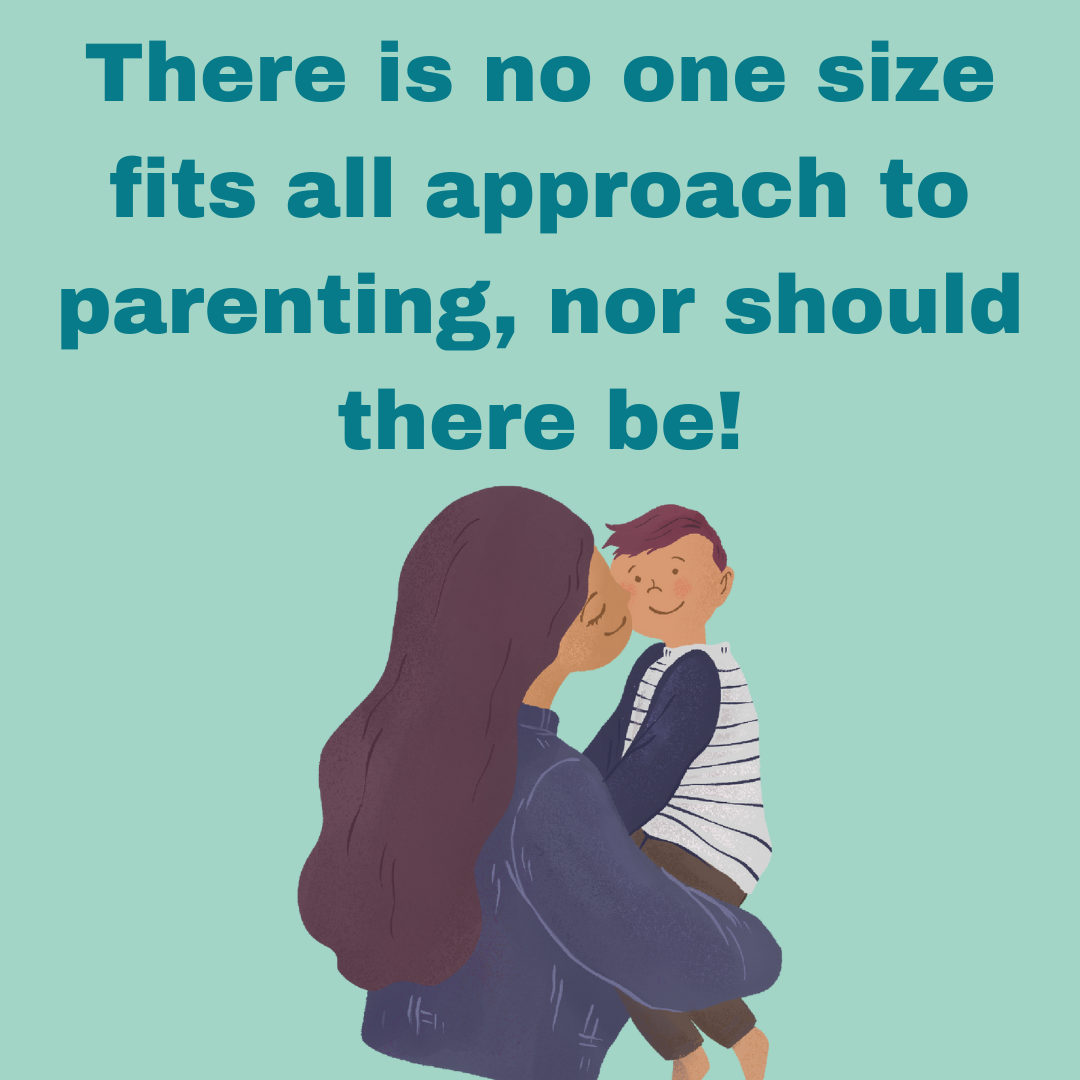How to be a Good Mother
There are so many parenting self-help books, social media posts, parenting manuals, and parenting approaches out there. We are now in a world where we are flooded with information and misinformation. It is also so hard for modern mothers as so many of us are juggling the mental, physical, and emotional load of our families. We are often taking care of the household, taking the kids to their activities, trying to be a good mom, and work outside the home. It is EXHAUSTING!!!
It is hard to know where to start, which approach you want to implement in your household, which one’s are backed by science and research, etc. While there are many different or popular parenting styles that float around pop culture (e.g., gentle parenting, connected parenting, etc.), the main thing to look for is whether an approach is authoritative. This approach is warm and nurturing coupled with clear boundaries. When using a parent approach we need solutions fast, yet also want to make sure we are “doing the right thing” or “doing right by our kid.”
Let’s get right to it. No matter the parenting approach, mental health professionals and the research support authoritative parenting styles. So, what is authoritative parenting?
Advice for New Parents
Authoritative parenting emphasizes being attuned and responsive to your kid(s), and having a secure relationship. Being attuned is being aware of your kid’s internal world. For more details, check out the article on How Does Attachment Styles Affect Relationships to learn all about it. Being authoritative stresses the importance of warmth, love, and nurturance, while also having firm boundaries and limits.
This style of parenting stresses the importance of spending quality time with kids and responding to their needs in a consistent and nurturing way. Plus, we know that it isn’t the volume of time with kids that really makes a difference, but the quality of the time we get with them. Hopefully, this allows moms to breath a little easier.
It is worth repeating: quality over quantity!
These types of parents value the relationship and connection with their child. They are also open to hearing their child’s wants, needs, wishes, and desires. They encourage them to be seen and understood. Furthermore, rather than resorting to punishment to correct behavior, these parents teach a child the correct behavior. For instance, authoritative parenting doesn’t just resort to punishment (i.e., spank, yell, scold, time-out, etc.).
This doesn’t mean that children don’t need discipline or boundaries. Discipline is to teach and correct the behavior as oppose to punish and not teach. Plus, research supports the use of logical and natural consequences. For example, an authoritative parent might step in a say something in a clear and concise way like, “It is hard to share. Sharing is important. Your turn, then their turn. You will get it back.” It also teaches problem-solving skills, which is a major life lesson and skill that even many adults struggle with.
There is no one size fits all approach to parenting, nor should there be!
We need to take into consideration a) cultural norms, b) best practices, c) parents unique characteristics, and d) each child’s temperament and life circumstances. We have to meet people where they are in life and in the moment. There is also so much guilt, embarrassment, and shame when mothers want to parent differently but don’t know how to get their kid(s) to listen and obey in other ways.
Many of the modern parenting approaches place importance on connection, and then guiding your child by teaching. It doesn’t assume kids should automatically know what to do, what not to do, how to do it, and when to do it or not do it. Punishments and many discipline approaches don’t have a teaching component. Therefore, your kid learns what not to do, but doesn’t learn what to do. The word discipline actually means to teach but many people associate it with power, respect, control, and punishment. All we end up doing is teaching our kid(s) what NOT to do when we use punishments.
Additionally, many of the modern parenting approaches understand the emotional harm parents can do when punishments cause shame, embarrassment, or guilt in our kid(s). When we feel these strong emotions, it does not create a strong foundation for anyone to grow, especially kids. It also can disrupt the connection and secure attachment we have with our kid(s). When kids have a secure attachment with caregivers or at least one adult, it is a protective factor that helps kids learn and form healthy attachments in adulthood.
Sign Up for Our Online Parenting Class
Join two psychologists for our 60-minute online parenting class to improve your parenting today.
Relationship Advice for Women
If you found this article helpful be sure to to stay updated on our new articles. Feel free to check out our free resources list so you can discover books and materials we love.




